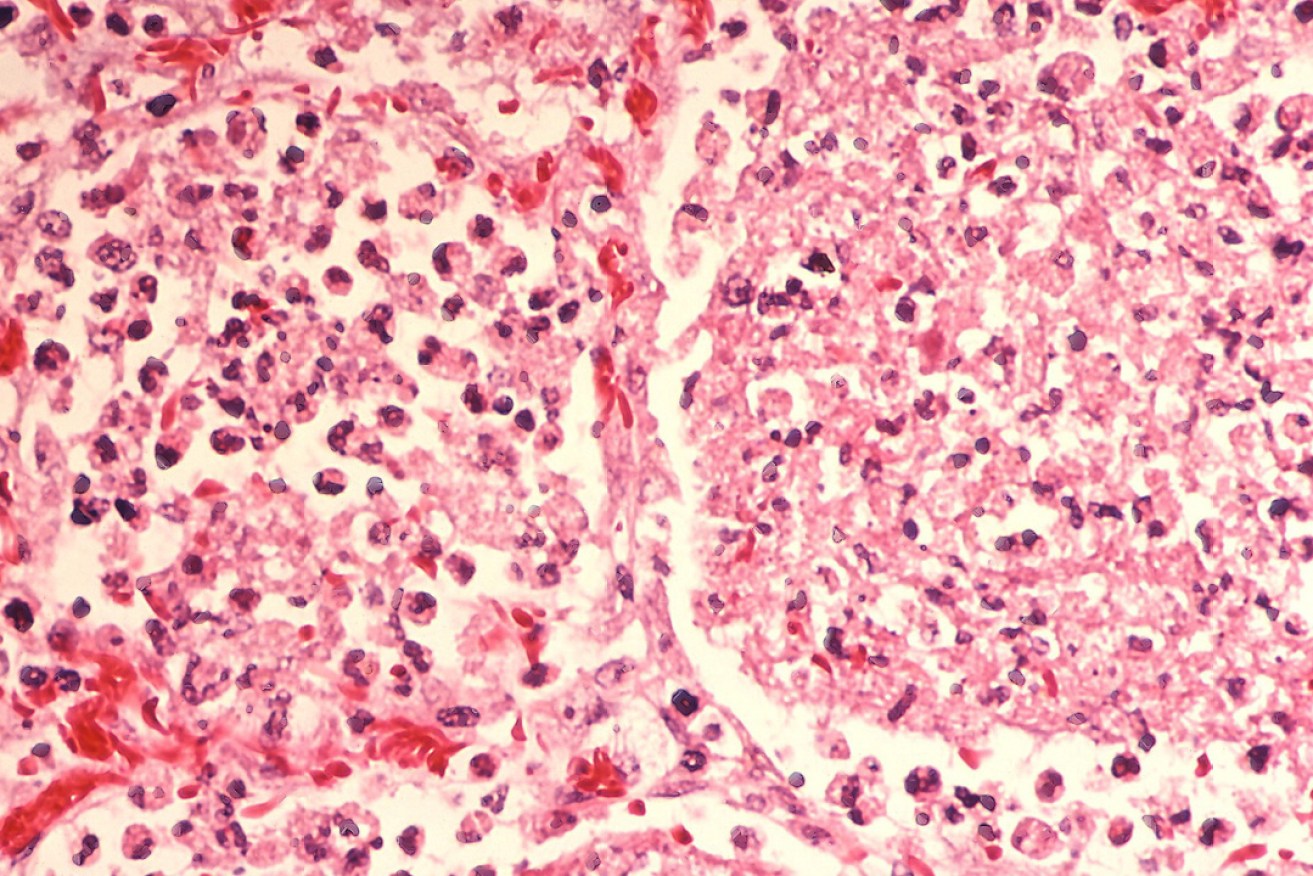
Call to increase Legionella controls at home and hospitals
Occasional testing for Legionella bacteria in hot water services, air-conditioner cooling towers and other potable water is not an adequate safeguard against a disease outbreak, a public health expert warns.

Water filters are recommended for elderly and those most at risk of contracting Legionnaire’s, including transplant and intensive care patients.
Flinders University health scientist Dr Harriet Whiley says the high chance of false negative or false positive results in regular environmental sampling methods could potentially enable an outbreak.
Four new cases of Legionnaire’s disease have been reported in South Australia this month, raising an alert to businesses and the building managers to check air-conditioner systems.
The bacteria can cause serious respiratory illness such as Legionellosis, which is particularly harmful to the elderly, smokers and those with compromised immune systems.
“We shouldn’t rely on test results but instead focus on strict risk management strategies,” says Dr Whiley in a new research paper published in the International Journal of Environmental Research and Public Health.
“Given the bacteria is common in potable water, an alternative is to assume the pathogen’s presence and focus on the management of appropriate control measures and protecting high-risk populations,” says Dr Whiley, from Flinders’ School of the Environment .
This includes maintaining temperature control and disinfection residuals, as well as preventing stagnant water or warm water causing significant biofilm formation.
Additional control mechanisms, such as point-of-use water filters, are also recommended for those most at risk, such as transplant or intensive care patients.
Dr Whiley says individuals can also take steps to protect themselves by making sure their household hot water system is set above 55C and to see a doctor if they experience any symptoms.
She says the world’s ageing population is increasingly at risk this emerging waterborne disease problem related to potable water distribution systems which could contain dangerous pathogens.
Legionnaires’ disease is a severe form of pneumonia, with lung inflammation usually caused by infection caused by the legionella bacterium.
The most common Legionella bacteria known to cause human disease are Legionella pneumophila and Legionella longbeachae. Between 5% and 15% of community-acquired pneumonia in Australia is linked to legionella infections.
Read the article ‘Legionella Risk Management and Control in Potable Water Systems: Argument for the Abolishment of Routine Testing’, at the link here.




